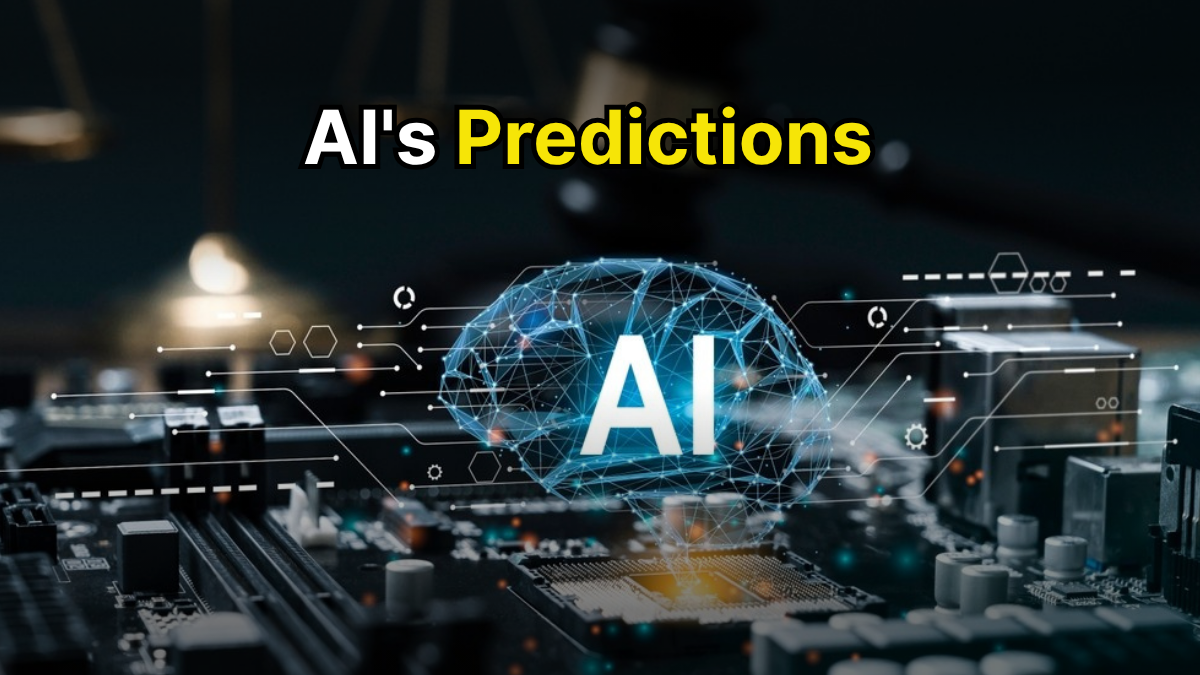The rise of artificial intelligence promises to transform our world, but one leading economist warns we might be heading toward a dystopian future that resembles a Hollywood blockbuster. MIT economist David Autor recently made headlines with his stark prediction that AI could create a “Mad Max” scenario for the global workforce.

This isn’t about robots taking over the world. It’s about something potentially more damaging: the systematic devaluation of human skills and the concentration of wealth in the hands of a few tech elites. Here’s what you need to know about this chilling prediction and why it matters for your career.
The Mad Max Economy: More Than Just Job Losses
When Autor references Mad Max, he’s drawing from the 2015 film “Mad Max: Fury Road”. A post-apocalyptic wasteland where resources are scarce, inequality runs rampant, and most people fight for scraps while a powerful few control everything.
“The more likely scenario to me looks much more like Mad Max: Fury Road, where everybody is competing over a few remaining resources that aren’t controlled by some warlord somewhere,” Autor explained on the “Possible” podcast.
The key difference from typical automation fears is this: Autor isn’t worried about mass unemployment. Instead, he’s concerned about mass skill devaluation.
Skills Today, Commodities Tomorrow
The core of Autor’s warning centers on how AI transforms valuable human abilities into abundant, low-value commodities. He explains the threat this way: “The threat that rapid automation poses is not running out of work, but making the valuable skills that people have highly abundant so they’re no longer valuable.”
Historical Precedent: The Typing Pool
Consider what happened to typists in the 20th century. Once a skilled profession requiring training and expertise, typing became so common with personal computers that it’s now a basic expectation for most jobs. The skill didn’t disappear, it just lost its economic value.
AI threatens to do this on a massive scale across industries. Legal research, financial analysis, content creation, and even medical diagnosis could follow the same path.
Who’s Most at Risk?
According to Autor’s analysis, certain professions face immediate threats:
High-Risk Roles
- Administrative workers: Document processing, scheduling, and data entry
- Financial analysts: Market research and basic investment analysis
- Content creators: Basic writing, editing, and graphic design
- Customer service representatives: Phone support and chat assistance
- Transportation workers: Drivers and logistics coordinators
The Broader Impact
A Salesforce study supports these concerns, projecting that 23% of the global workforce may need redeployment within two years due to AI adoption. This isn’t just about individual job losses, it’s about entire skill categories becoming economically worthless.
The Concentration Problem
Autor’s Mad Max analogy highlights a crucial issue: wealth concentration. As AI systems become more powerful, the companies and individuals who control them gain disproportionate power. Meanwhile, workers compete for an increasingly limited pool of valuable roles.
This creates a vicious cycle:
- AI makes certain skills abundant and cheap
- Workers accept lower wages for devalued work
- Profits flow to AI system owners
- The gap between tech elites and everyone else widens
What This Means for Different Industries
Healthcare
While AI can diagnose diseases and analyze medical images, human doctors retain value through patient interaction, complex decision-making, and ethical judgment. However, medical technicians and administrative staff face greater risks.
Education
Teachers who provide mentorship, emotional support, and creative instruction remain valuable. But those focused on information delivery may find their roles diminished.
Creative Fields
AI can generate art, write copy, and compose music. Creative professionals must focus on uniquely human elements: emotional intelligence, cultural understanding, and innovative thinking.
The Broader Economic Warning
Autor isn’t alone in his concerns. Anthropic CEO Dario Amodei recently warned that AI could eliminate 50% of entry-level white-collar jobs within five years. He predicts unemployment could spike by 10-20% as AI adoption accelerates.
“Most of them are unaware that this is about to happen,” Amodei said. “It sounds crazy, and people just don’t believe it.”
Signs We’re Already There
Several indicators suggest this transformation is already underway:
- Freelance markets flooded with AI-generated content at rock-bottom prices
- Customer service increasingly handled by sophisticated chatbots
- Financial firms replacing analysts with AI-powered trading systems
- Media companies using AI for basic reporting and content creation
Beyond the Apocalypse: Potential Solutions
While Autor’s prediction is sobering, it’s not inevitable. Economists and policy experts suggest several approaches to avoid the Mad Max scenario:
Individual Strategies
- Develop complementary skills: Focus on abilities that work alongside AI rather than compete with it
- Emphasize human connection: Roles requiring empathy, creativity, and complex communication remain valuable
- Stay adaptable: Continuously update skills as technology evolves
Policy Solutions
- Universal basic income: Provide economic security as traditional jobs disappear
- Education reform: Retrain workers for AI-complementary roles
- Antitrust enforcement: Prevent excessive concentration of AI power
- Progressive taxation: Ensure AI benefits are shared more broadly
The Choice Ahead
Autor emphasizes that this future isn’t predetermined. “The future is not a forecasting exercise, it’s a design exercise,” he argues. The key is making intentional choices about how we develop and deploy AI technology.
We can choose to build AI systems that enhance human capabilities rather than replace them. We can implement policies that distribute AI benefits more equitably. We can invest in education and retraining programs that help workers adapt.
Preparing for What’s Coming
The Mad Max scenario serves as a warning, not a prophecy. By understanding the risks, we can take steps to avoid them:
For individuals: Focus on developing skills that complement AI rather than compete with it. Emphasize creativity, emotional intelligence, and complex problem-solving.
For businesses: Consider how AI can augment human workers rather than simply replace them. Invest in retraining programs and create new roles that leverage uniquely human abilities.
For policymakers: Develop frameworks for managing AI’s economic impact. Consider how to ensure that AI benefits society broadly rather than concentrating wealth among a few.
The future doesn’t have to look like Mad Max. But avoiding that dystopian outcome requires recognizing the risks and taking action now. The question isn’t whether AI will transform the economy, it’s whether we’ll guide that transformation or let it happen to us.
As Autor warns, the stakes couldn’t be higher. The choices we make today about AI development, regulation, and economic policy will determine whether we create a more prosperous future or slide toward a winner-takes-all wasteland where most people fight for scraps while a few control everything.
The Mad Max future is preventable but only if we act deliberately to prevent it.
FAQs About AI’s Predictions
Q1: What is a “Mad Max” economy?
A. A “Mad Max” economy refers to a dystopian future where economic inequality reaches extreme levels. Most individuals struggle to survive as their skills lose value due to automation and AI, while a small elite controls the majority of wealth and resources.
Q2: How could AI impact the value of skills?
A. AI has the potential to automate many tasks currently performed by humans, making certain skills obsolete. This could create a scenario where only highly specialized or creative jobs remain valuable, leaving many workers behind.
Q3: Can this dystopian future be avoided?
A. Yes, it is preventable if proactive steps are taken. Policies that promote equitable distribution of wealth, investment in education, and fostering new industries can help ensure a balanced economy where technology benefits everyone.
Q4: What can individuals do to prepare for this future?
A. Individuals should focus on continuous learning and acquiring skills that are harder to automate, such as critical thinking, creativity, and emotional intelligence. Staying adaptable and informed about emerging technologies can also provide a competitive advantage.
Q5: Who is responsible for addressing this potential crisis?
A. It will require collective efforts from governments, businesses, educational institutions, and individuals. Policymakers must implement strategies to ensure fair opportunities, while individuals and organizations must actively adapt to technological advancements.
For More Information CLICK




